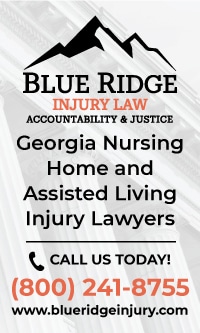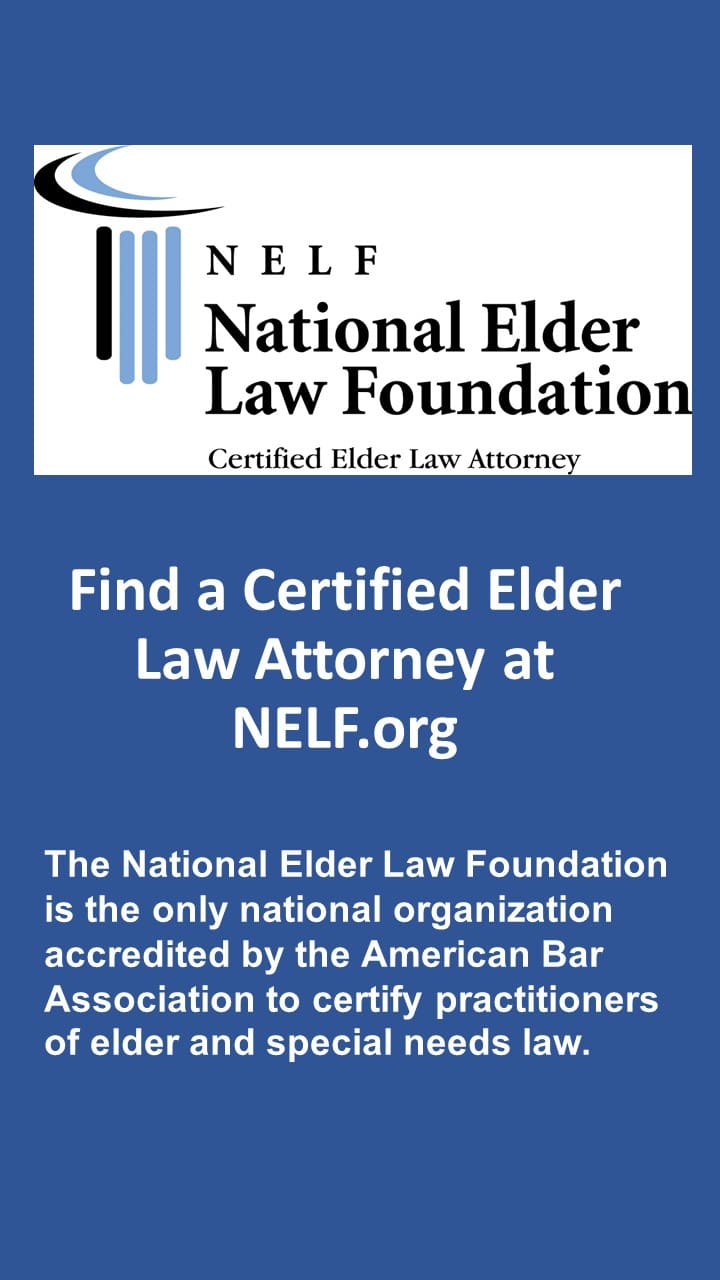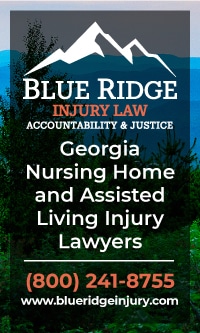Am I Eligible for Medicaid?
Recently we were asked about the following fact pattern. Parent had multiple properties in different counties. More than 60 months ago, parent gave these properties to children reserving a life estate. The question, initially, was whether parent is eligible for nursing home Medicaid. The follow-up question was whether the property is protected following parent’s death. Parent is over 90, resided at one of the properties until nursing home admission and is single (spouse predeceased). Under this fact pattern, no transfer of resources penalty will be applied because the gift was more than 60 months prior to any Medicaid application.
How Will Eligibility Be Determined?
Without legal assistance, the parent’s Medicaid application will likely be denied. Caseworkers handling Medicaid applications don’t know property law. All they know is what they have in Georgia’s ABD Medicaid Manual and a single individual cannot have more than $2,000 in countable resources. The home place property will be exempt, but the other property is not. A caseworker will, in all likelihood, look at section 2322 of the ABD Manual and apply a ratio of the property value, determining that the life estate is worth more than $2,000. A table in Section 2322 states that a 90-year-old’s life estate is valued at .28221 which decreases with each year of age until a 100-year-old’s life estate is worth .19975.
By way of example, a caseworker would likely exempt the homeplace property and then look at the tax card value of the other property. Assume the parent is 92 and the non-homeplace property has an assessed value of $100,000. The table states that a life estate owned by a 92 year old is worth .25771 (25.771%) of the total value, so the caseworker would likely determine deny the application, finding that the applicant owns countable non-homeplace property worth $25,771. Obviously, this value exceeds the $2,000 resource limit. The likely result is a denial of the Medicaid application.
More on the Homeplace Exemption
The Georgia ABD Manual says homeplace is a countable resource but ” the value of the homeplace may not be counted in the resource determination, as long as the A/R remains in LA-D, retains ownership interest and, as of 10/1/06, has equity value at or less than the excess home equity limit.” See ABD Manual 2316. Although Georgia’s position is inconsistent with Social Security’s POMS SI 01130,100.B.1. as well as Social Security ruling SSR 89-3a, and is likely unenforceable, the result is the same. The homeplace’s value does not count toward the resource limit unless the equity value exceeds the limit, so it is exempt in practice if not in name. Georgia’s reasoning is likely because the home is subject to an equity limit since passage of the Deficit Reduction Act of 2005 (effective 2/8/2006). See 42 U.S.C. section 1396p(f). In 2023 the minimum equity limit is $688,000. States are authorized to increase the equity limit to a maximum of $1,033,000. Equity over the limit counts toward a single applicant’s resource limit. The equity limit imposed by subsection (f)(1) does not apply if a spouse, child under 21, or child who is blind or disabled resides in the home. See Subsection (f)(2). A reverse mortgage can be used to reduce the applicant’s equity interest in the home.
How Can We Fix This Medicaid Eligibility Problem?
While there is always more than one way to approach planning, the most likely result is that the applicant, with the assistance of a qualified attorney, will rebut the presumed value of the non-homeplace life estate. Section 2303 of the Georgia ABD manual presume Current Market Value is the tax-assessed value multiplied by 2.5 (property is assessed at 40%). This presumption can be rebutted. Section 2303 states “If an A/R rebuts the Tax Digest CMV, require the A/R to obtain two estimates from knowledgeable sources, such as a realtor. Use the average of the two estimates as the CMV.”
In the real world, an attorney would develop evidence that no one would pay for a life estate owned by an infirm 92-year-old nursing home resident. In other words, the real-world market value of a life estate owned by someone who could die at any moment is nothing (zero dollars). It might be necessary to present this case in Court, but since Section 2303 recognizes that “current market value (CMV) of a resource is the going price for which it can reasonably be expected to sell on the open market in the particular geographic area involved,” if no one would buy a sickly 92 year old’s life estate, then owning it should not cause the applicant to have more than $2,000 in countable resources. Once it is proven that the applicant is below the resource limit (assuming all other eligibility challenges are resolved), the application should be approved. It is worth noting that Social Security’s period life table says that a healthy 92-year-old’s life expectancy is less than four years. James Lineback, MD, FCCP, wrote that pre-existing medical conditions reduce life expectancy. So, the question again is why would any rational buyer purchase a life estate from a sickly 92-year-old who could die at any moment? The value is speculative at best since no one knows how long the aged and impaired life tenant will live. No rational buyer would make this type of speculative investment, so the market value of the life estate is zero. Any real value is in the future interest.
Can the Applicant Just Give Away the Life Estate?
In a case we wrote about back in 2021, a Georgia ALJ upheld imposition of a transfer penalty where an applicant gave away a life estate. So, unless you want to deal with a transfer of resource penalty, the answer is “no.” Having said that, if evidence was developed that the life estate had no value, or that it’s value was nominal due to its speculative nature, then no penalty should be assessed. In the case we wrote about, it does not appear like the nursing home resident had an attorney, so they probably went to court without the proper evidence.
Is the Property Protected After the Applicant’s Death?
Unless the State has changed its property law to allow Medicaid Estate Recovery Against a Life estate, the property is probably protected. In Georgia, the Medicaid Estate Recovery Regulations indicate that Georgia will pursue Estate Recovery against life estates. However, this seems to be an illegal (ultra vires) regulation since Georgia Property Law has not changed and a life estate dissipates when the life tenant dies. See O.C.G.A. § 44-6-80. A life tenant can only sell his or her interest in the property which, as said previously, terminates when the life tenant dies. See O.C.G.A. § 44-6-87. In Borum v. Gregory, 119 Ga. 766 (1904), the Georgia Supreme Court stated “That interest continued only while she was in life, and ceased at her death.” The legilature has not changed this rule, so it appears likely that any estate recovery claim would fail under Georgia law as of the time of this post. Also, a life estate can be terminated early if it is conditioned on a stipulated event. In Roach v. Gwinnett County, 273 Ga. 741 (2001) affirmed a lower court’s decision that a life estate terminated when a stipulated event (the life tenant abandoned the property) occurred.
Some States have changed their property laws to permit estate recovery so the result could be different in other states.






